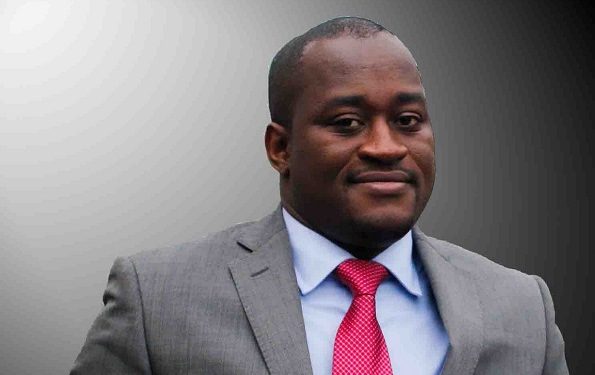Return to Capital Market: Expert dismisses President’s optimism; says capital market not accessible in the next 3 years
Dr. Theo Acheampong, a renowned economist and political risk analyst, has cast doubt on Ghana’s ability to access the international capital market for at least the next three years. Dr. Acheampong emphasized the need for the government to prioritize debt restructuring efforts as the country grapples with its financial obligations. His comments contradict the optimistic stance expressed by President Akufo-Addo, who indicated the government’s intention to return to the international market during his recent visit to the Qatar-Africa Economic Forum.
Dr. Acheampong highlighted the current financial constraints faced by Ghana, stating, “We are not in a position now, as a country, to even go to the market. None of the people we owe currently will be in a position to give us money even if we go… from where I sit, we cannot go to the market at least for the next three years.” His analysis underscores the challenging economic climate and the limited potential for external borrowing.
President Akufo-Addo’s confidence in Ghana’s ability to access international funding reflects the government’s past experience and success in leveraging such opportunities. However, Dr. Acheampong dismissed this optimism as a “non-starter,” suggesting that the priority should lie in restructuring the country’s external debt.
“It tells me that they are thinking about going back to borrow if the conditions improve,” Dr. Acheampong remarked, referencing the President’s remarks. “But at the moment, we only just signed the IMF program, and the biggest challenge ahead of us is to restructure our external debt.”
The political risk analyst emphasized the necessity of rebuilding the country’s finances, bolstering domestic revenue sources, and implementing prudent fiscal measures to finance development projects and reduce reliance on external borrowing. He stated, “If we do these three things, we don’t necessarily have to go to the market.”
Dr. Acheampong’s cautionary advice reflects a growing sentiment among economic experts who believe that Ghana’s current financial situation necessitates a shift in strategy. By focusing on debt restructuring and fortifying domestic revenue streams, the government can create a sustainable financial framework that fosters self-reliance and mitigates the risks associated with international capital markets.
The analyst’s perspective raises crucial questions about Ghana’s fiscal discipline and expenditure management. While international borrowing may have provided essential funding in the past, the changing economic landscape demands a more prudent approach to ensure long-term stability. Dr. Acheampong’s recommendation aligns with a broader trend among emerging economies that are recalibrating their financial strategies to reduce vulnerability to external shocks.
The government’s response to Dr. Acheampong’s assessment and its subsequent course of action will be closely monitored by international investors, economic analysts, and stakeholders interested in Ghana’s financial trajectory. As the nation navigates these challenges, it is crucial to strike a delicate balance between short-term funding requirements and sustainable, self-reliant growth.
Dr. Theo Acheampong’s cautionary remarks on Ghana’s potential return to the international capital market have sparked debate about the country’s financial future. While President Akufo-Addo remains optimistic, the political risk analyst’s expertise suggests a more cautious approach centered around debt restructuring and domestic revenue generation. As Ghana recalibrates its financial strategy, the nation’s ability to strike the right balance between short-term needs and long-term sustainability will determine its path toward economic resilience and stability.








